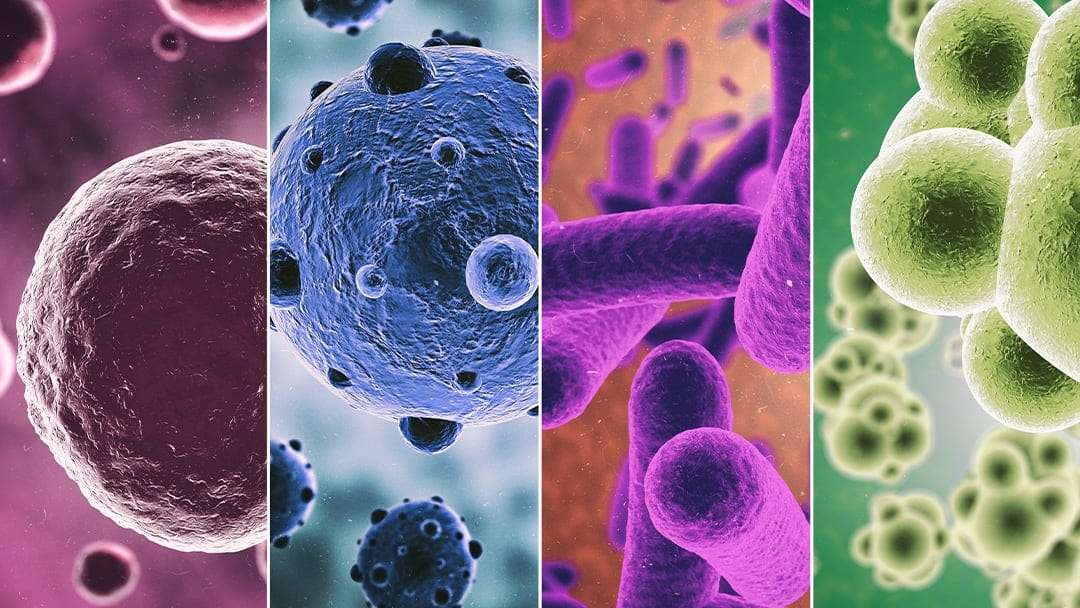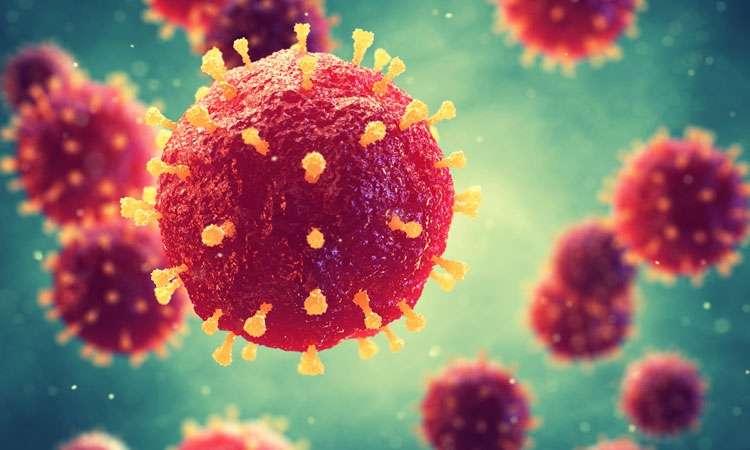Title: Viral Infections: Signs, Symptoms, Causes, Risk Factors, Diagnosis, Prevention, Diet, Lifestyle, and Homoeopathic Treatment
Introduction:
Viral infections are caused by various types of viruses and can affect different parts of the body, leading to a wide range of symptoms. Understanding the signs, symptoms, causes, risk factors, diagnosis methods, prevention strategies, diet and lifestyle considerations, and the potential role of homoeopathic treatment is crucial for effectively managing viral infections. In this blog post, we will explore the key aspects of viral infections and their holistic approach to treatment.
Signs and Symptoms of Viral Infections:
1. Fever: An increase in body temperature is a common symptom of viral infections.
2. Fatigue: Feeling tired or exhausted even with adequate rest.
3. Headache: A persistent or severe headache.
4. Respiratory symptoms: Cough, sore throat, runny nose, and congestion.
5. Gastrointestinal symptoms: Nausea, vomiting, and diarrhea.
6. Skin rashes: Viral infections can cause rashes or skin lesions in some cases.
Common Causes of Viral Infections:
1. Transmission from infected individuals: Viruses can be transmitted through direct contact with an infected person's bodily fluids, respiratory droplets, or contaminated surfaces.
2. Insect bites: Certain viruses, such as Zika and dengue, are transmitted through mosquito bites.
3. Contaminated food and water: Viral infections, like norovirus and hepatitis A, can be contracted by consuming contaminated food or water.
Risk Factors for Viral Infections:
1. Weakened immune system: Individuals with weakened immune systems, such as those with HIV/AIDS or undergoing immunosuppressive therapy, are at higher risk.
2. Age: Infants, young children, and older adults are more susceptible to viral infections.
3. Occupation or environment: Healthcare workers, travelers, and individuals in close contact with infected individuals may be at increased risk.
Diagnosis of Viral Infections:
1. Medical history and physical examination: A healthcare professional will assess symptoms and medical history to determine the possibility of a viral infection.
2. Laboratory tests: Blood tests, viral culture, polymerase chain reaction (PCR), or antigen tests may be conducted to identify the specific virus causing the infection.
Prevention Strategies for Viral Infections:
1. Vaccination: Immunization plays a crucial role in preventing certain viral infections, such as influenza, measles, mumps, rubella, and hepatitis.
2. Hand hygiene: Regularly washing hands with soap and water or using alcohol-based hand sanitizers can help prevent the spread of viruses.
3. Respiratory etiquette: Covering the mouth and nose with a tissue or elbow when coughing or sneezing, and avoiding close contact with individuals showing respiratory symptoms.
4. Avoiding sharing personal items: Do not share utensils, towels, or personal hygiene items with infected individuals.
5. Mosquito control: Take measures to prevent mosquito bites, such as using insect repellents and wearing protective clothing.
Diet and Lifestyle Considerations:
1. Balanced diet: Consume a nutrient-rich diet with plenty of fruits, vegetables, whole grains, and lean proteins to support overall immune health.
2. Hydration: Stay adequately hydrated to support the body's natural defense mechanisms.
3. Adequate rest and sleep: Getting enough rest and quality sleep helps maintain a healthy immune system.
4. Regular exercise: Engaging in regular physical activity can boost immune function and overall well-being.
Homoeopathic Treatment for Viral Infections:
Homoeopathy offers a holistic approach to treating viral infections. The selection of homoeopathic remedies may vary depending on the specific symptoms and the individual's constitution. Some commonly used homoeopathic
remedies for viral infections include:
1. Arsenicum album: Indicated for viral infections with symptoms of restlessness, anxiety, and weakness.
2. Eupatorium perfoliatum: Useful for flu-like symptoms with body aches and chills.
3. Gelsemium: Recommended for viral infections with symptoms of weakness, fatigue, and heaviness.
Consultation with a qualified homoeopathic practitioner is essential for an accurate diagnosis and individualized treatment plan based on your specific symptoms and overall health.
Conclusion:
Viral infections can significantly impact our health and well-being. By understanding the signs, symptoms, causes, risk factors, diagnosis methods, prevention strategies, diet and lifestyle considerations, and exploring homoeopathic treatment as a complementary approach, individuals can effectively manage viral infections and support their overall immune health. Remember to consult healthcare professionals for an accurate diagnosis and to create a comprehensive treatment plan tailored to your specific needs.


Leave a Message